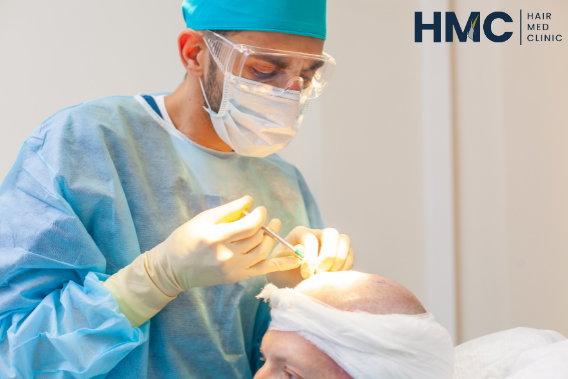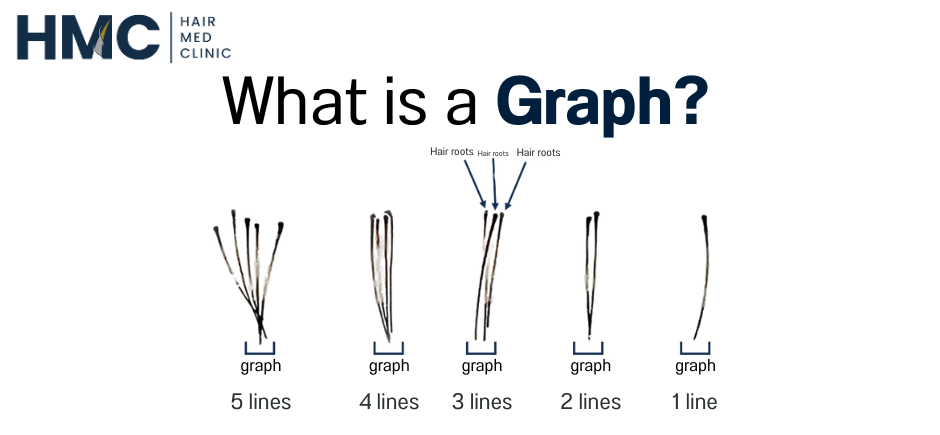Causes of Hair Loss After Hair Transplant
- The “Shedding” process or initial hair loss
– Hair loss during hair transplantation usually occurs in the initial period after the hair transplant. This is a normal process and occurs in all cases. The transplanted hair will fall out in the first 2-3 months after the hair transplant. This hair loss is not a sign that the doctor has done the wrong job or that the hair has not grown, but rather the hair roots are preparing for new growth.
– When hair falls out during this period, it gives new hair the opportunity to grow and become stronger.
- Hair transplant failure (Graft Failure)
– In some cases, even though the hair transplant process is successful during the procedure, some grafts may not be able to stand or grow normally due to damage to the hair roots during the hair transplant process.
– This problem may be caused by the hair roots not being absorbed into the scalp properly or by problems with the technique used in the hair transplant, such as improper root extraction, poor post-transplant care, or injury during the hair transplant.
- Infection or wound problems
– Infection after hair transplant can result in hair loss or failure to grow. Infection can cause inflammation of the scalp and prevent the hair follicles from growing normally.
– It is important to follow your doctor’s instructions for wound care after hair transplantation, such as cleaning the wound carefully and avoiding touching the wound or scratching it.
- Drug use and hormonal changes
– People who have had a hair transplant may need to take medications to support their post-transplant treatment, such as minoxidil or finasteride. If not used correctly, the transplanted hair may be lost.
– In addition, hormonal changes, such as childbirth or hormonal problems that occur after a hair transplant, can affect the growth of the transplanted hair.
- Genetic factors
– In some cases, the transplanted hair may fall out due to genetics related to androgenic alopecia, which is the main cause of hair loss in both men and women. Although the transplanted hair is permanent, sometimes the transplanted hair can be affected by hormones that can cause it to fall out again in the future.
- stress
– Stress can affect hair loss and may also affect transplanted hair. Stress can affect the hormones in the body, which can cause hair loss or slow down hair growth.
How to Manage Hair Loss After Hair Transplant
- Give it time and be patient.
- Consulting an expert
- Post-Hair Transplant Care
- Use of complementary medicines
If you have any further questions or would like to consult a doctor for advice that is specifically tailored to your hair type 😊
Free consultation👉HAIR MED CLINIC
Ask for more information : ☎️064-194-2429 LINE: @hairmed INSTAGRAM: hairmedth FACEBOOK: HAIR MED Hair Center by Nawakasem #HAIRMEDCLINIC #หมอเจมส์ปลูกผมHAIRMED #HAIRMEDปลูกผม #ปลูกผมHAIRMED #ปลูกผมถาวรFUE #ปลูกผมถาวร DHI #ผมบาง #หัวล้าน #ผมร่วง #คลินิกปลูกผม #haircenter #hairmedhaircenter #fuehairtransplant #dhihairtransplant







